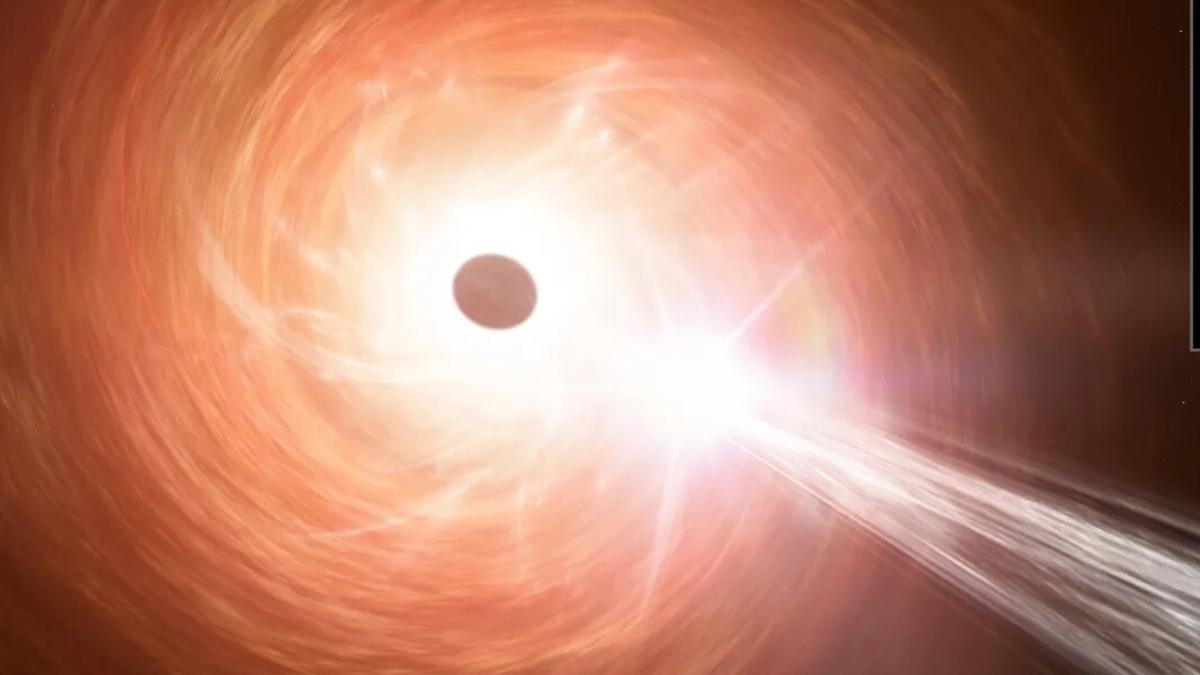Black holes have always amazed scientists, but the ones from the early universe seem to have played by their own set of rules. Recent research has uncovered clues that suggest early black holes grew much faster than previously thought. It turns out, these cosmic giants didn’t follow the growth restrictions we see in today’s universe. For a brief moment in cosmic history, black holes could gobble up gas and matter at rates that defy modern astrophysical laws.

Black Holes on a Cosmic Feeding Frenzy
Imagine a time when the universe was still young and wild. Back then, supermassive black holes grew rapidly, helping shape the galaxies we see today. This discovery challenges our understanding of how these massive objects formed so quickly after the Big Bang. It’s almost as if the universe handed black holes an “all-you-can-eat” buffet pass—just for a limited time, of course! Scientists now wonder what changed in the universe to bring these cosmic feasts to a halt.
Who knew black holes could be such rebellious overachievers? This new evidence not only rewrites part of cosmic history but also reminds us that the universe never ceases to surprise.
Sources:
ScienceAlert: The Early Universe Let Black Holes Break The Rules, Briefly
















